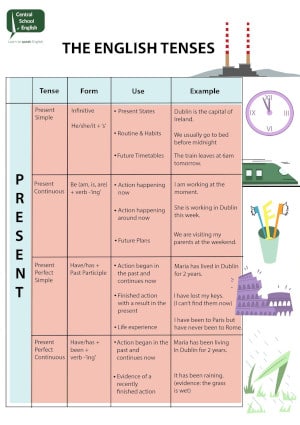Common Noun Suffixes

Languages are made up of building blocks. As we learn to put these blocks together in different ways, our language skills improve.
Suffixes are one of the building blocks of language. Suffixes are one or more letters that we put at the end of a word. Suffixes can make a word more accurate in its meaning. They can make a noun plural (eg. ‘s’), change the tense of a verb (eg. ‘ed’) or change the type of word (eg. ‘ly’).
In this blog we will look at noun suffixes. Becoming more familiar with noun suffixes will help you recognize word types when listening and reading. It will also help you learn more advanced vocabulary and assist you on your way to becoming an amazing English speaker. So let’s get started!
Some common noun suffixes are:
-ness -ment -ance -ence
-ship -hood -ity -ion
When we see these suffixes at the end of a word, it tells us that the word is a noun. This can be very helpful when reading. If you are reading and you come across a new word ending in one of these suffixes, it will tell you that the word is a noun. This may help you guess the meaning of the word without the need to stop reading and look the word up in a dictionary.
Now let’s take a closer look at these noun suffixes.
-ness
The suffix -ness changes an adjective into a noun. Here are some examples:
Adjective Noun
tired tiredness
great greatness
weak weakness
sick sickness
happy happiness
warmhearted warmheartedness
-ment
The suffix -ment changes a verb into a noun. Here are some examples:
Verb Noun
enjoy enjoyment
encourage encouragement
govern government
disappoint disappointment
-ance
The suffix -ance changes a verb into a noun. Here are some examples:
Verb Noun
comply compliance
annoy annoyance
appear appearance
perform performance
deliver deliverance
-ence
The suffix -ence generally changes a verb into a noun. Here are some examples:
Verb Noun
differ difference
depend dependence
reside residence
indulge indulgence
persist persistence
-ship
The suffix -ship generally changes a noun into another noun. Here are some examples:
Verb Noun
member membership
friend friendship
apprentice apprenticeship
workman workmanship
dictator dictatorship
-hood
The suffix -hood generally changes a noun into another noun. Here are some examples:
Noun Noun
child childhood
adult adulthood
brother brotherhood
sister sisterhood
neighbour neighbourhood
-ity
The suffix -ity generally changes an adjective into a noun. Here are some examples:
Adjective Noun
sincere sincerity
rare rarity
pure purity
scarce scarcity
modern modernity
-ion
The suffix -ion generally changes a verb into a noun. Here are some examples:
Verb Noun
situate situation
create creation
opt option
educate education
recognize recognition
Test Yourself
Learn to SPEAK English
Join a live online English tutor to get help with your English.
Individual and group classes with our expert teachers.
Thank you for reading our post. You’ll find more English grammar tips elsewhere on our site and if you’d like information on our English courses in Dublin, please do not hesitate to contact us.





